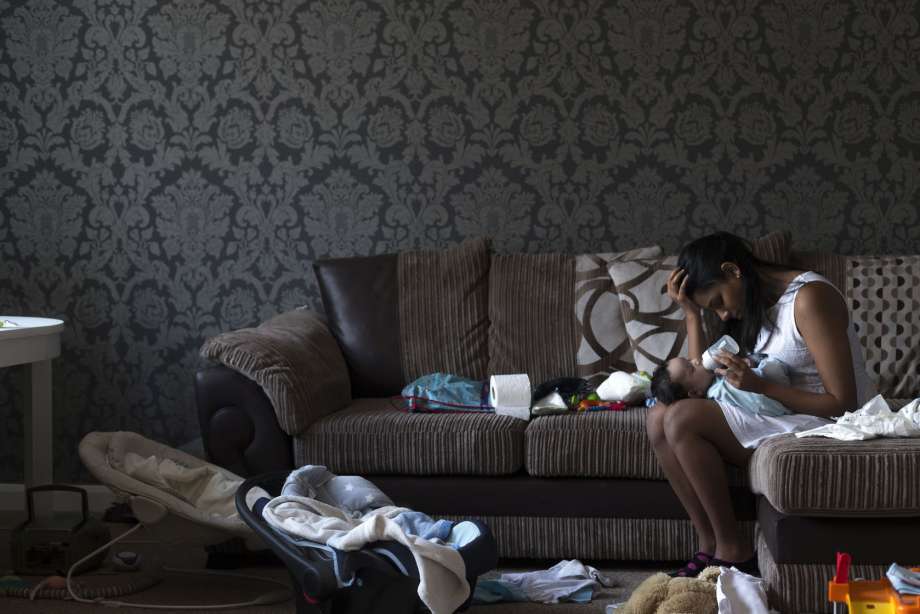Respecting Your Own Parenting Struggles

Respecting Your Own Parenting Struggles
Boy, do we expect a lot from our kids, almost as much as we expect from ourselves. It's not enough to be a decent parent or a decent worker anymore, we have to eat right, look good, make money, and be a room parent, too. Remember the old pressure cookers? You screwed the lid down with the vegetables in it, turned on the heat, and boy, did that food cook quickly! But if the top wasn't on right, or you released it too fast—boom! Smushed vegetables all over the ceiling!
Parents and kids are under so much pressure—time pressure, work pressure, academic pressure—that it's not surprising there are so many explosions.
As parents, it's easy to feel like a failure. (It's also easy to feel as though your child is letting you down. This is something to work on!)
When the Going Gets Tough
When parenting gets rough, when your child is unhappy or behaving poorly, it is tough to maintain your own pride and self-respect in the parenting process. Yet your self-respect is essential, both for your own emotional survival, and for the sake of your child.
As a parent, I'm trying to teach my child to respect herself, to stand up for her rights and the rights of others. If I don't feel good about my parenting, she won't either. Why should she listen to me about discipline—or about anything else?
Tales from the Parent Zone
“Gah, my mother is such a geek,” Patty says to her friend Wai-Ching, who looks at her in dismay. Wai-Ching would never talk about her mother in that way (at least not openly). Denigrating the role of parenthood is tied in with Western cultures. In many other societies, kids don't react the same way. Yeah, in other cultures, parents get some respect!
This Family Is Not Dysfunctional!
With all the current discussion of dysfunctional families in this society, parents (especially mothers) tend to get really slammed. No matter what kind of parents we are. Our reputations are mud.
When your child reaches preadolescence, she'll start being humiliated by the fact you exist—and have to drive her to school in that dorky car. Whether or not this is a normal developmental step (some experts feel it's necessary for separation), it doesn't feel very good, and it's hard to trust and respect yourself when your child, and every cultural message around, says that you're clueless and embarrassing at best, and destructive at worst. Understanding that these cultural messages exist can help you dismiss them and get on with the important business of parenting.
It's a Good Idea!
Just because your child doesn't want you within two miles of her friends doesn't mean she doesn't need you and, underneath that sullen exterior, love you and want you around. Keep your pleasures furtive—take special time in another town (where nobody will see her) and wait until there's nobody around before you crank the David Bowie CD so the two of you can dance wildly.
Tools for Improving Your Self-Respect
Teaching good discipline requires self-trust and self-respect. If you do not respect your own parenting approach (especially on the disciplinary front), nobody, including your child, is going to respect it either. How, then, do you build up your own self-respect?
Self-acceptance and self-responsibility are vital to increasing self-respect. Look at yourself for who you are. Change the circumstances that you can change. And give yourself a break. In short:
- Give yourself a lot of credit for caring (and reading this book counts!).
- Be honest about your failings.
- Ignore society's negative messages.
- Think about the kind of parent you want to be (and ignore that ugly little word should).
- Take good care of yourself.
- Take action to change and improve yourself, your family life, and the world.
- Give yourself even more credit for improving!
- Listen for positive feedback from the world. Since the world won't always tell you what a good job you're doing (or give you bonus points and parenting awards), you'll need to stand in for the world, and give yourself the credit you deserve.